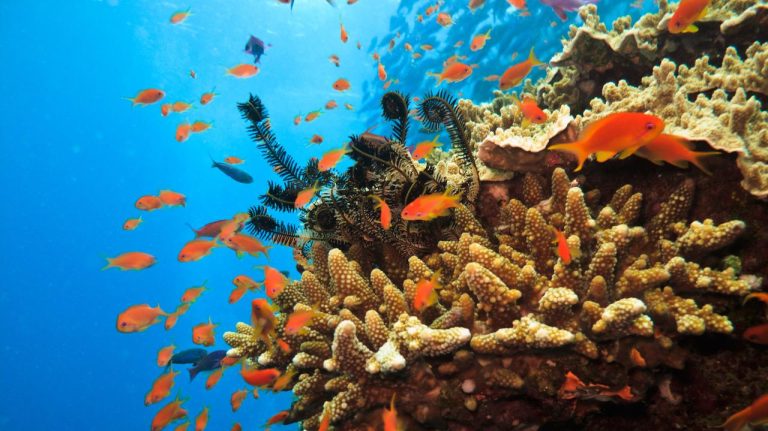Currently, more than 40 percent of reef-building coral species are in danger of extinction. This finding was presented by experts of the International Union of Nature Protection. Scientists have explained that the loss of these organisms can have disastrous consequences not only for marine ecosystems, but also for the economy.
Coral reefs are home to about 30 percent of the world's marine life and support the livelihoods of nearly one billion people. These ancient and rich ecosystems are threatened by climate change and rising ocean temperatures. Corals and related organisms prefer stable thermal conditions, and many cannot cope with rapidly changing environments.
Researchers working under the auspices of the International Union for Conservation of Nature (IUCN) analyzed the state of warm water corals. The report presented at the meeting of the United Nations (COP29) shows how endangered these beneficial organisms are.
Global and local action
According to the updated Red List of Threatened Species, 44 percent of warm-water coral species are threatened with extinction. This is a significant increase compared to the previous update of the Red List in 2008 – 33 percent of organisms belonged to this group. Animals are threatened by rising water temperatures, pollution, hurricanes and more common diseases.
“These results are very worrying,” said Michael Sweet of the University of Derby, a member of the research team. “Corals provide us with so many benefits and our world relies on them, so it's important that we start protecting them,” he said.
Scientists have explained that the most important step in saving corals from extinction is to reduce greenhouse gas emissions. Some threats, such as water pollution, must be dealt with on a local scale. Experts also recommend further research into whether or not corals can adapt to warmer waters – research so far shows that the extent of adaptation is limited.
“By taking action, we can slow the rate of ocean warming and increase the ability of corals to adapt and survive,” said IUCN's Beth Polidoro.
The world is getting warmer PAP/Reuters
Main image source: Adobe Stock

